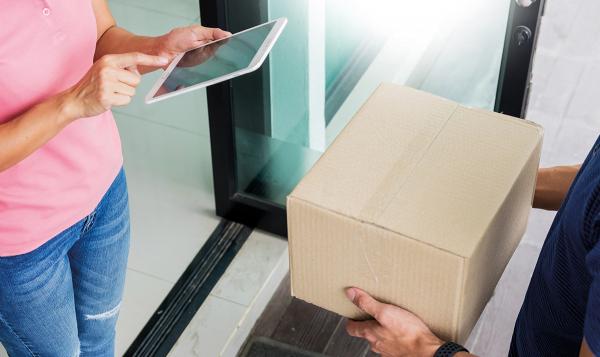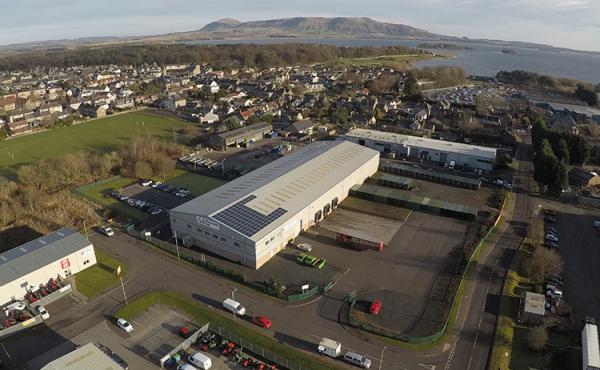Writing for Eureka Magazine, the online magazine for materials handling professionals, Ruari McCallion looks at how changes in consumer purchasing habits require the logistics and materials handling industry to adapt quickly and adopt Fourth Industrial Revolution technologies. Here’s a summary of his article.
Through looking at how the high street is declining and online retailers reporting strong growth in recent years, Ruari highlights how the model of purchasing and delivery is changing. The current model of large warehouses delivering to big box retailers is being overtaken by events, and so logistics providers must adapt.
Don Marshall, Head of eCommerce and Fulfilment, Exporta which is part of the Anchorpoint Group, comments on how the growth in the home delivery sector has massively increased and, at the same time, demand for accurate delivery lead times and narrow slots have driven the investment and development of technology that enables this. Supply chain efficiency is therefore key, but Don says that ‘The cost of home delivery supply chains, especially when you add in the cost of returns factor, is high and a lot more difficult to manage.” He expects that retailers will continue to work with their third-party logistics companies to make store operations more efficient, eliminating even more waste and moving to more of a just-in-time model.
Neil Ballinger, Head of EMEA Sales and Training and Development Manager at industrial automation supplier EU Automation, talks about what he describes as the ‘glocal supply chain’ and the impact a glocal business model has on supply chain management. He comments on how automation technology can help create what is known as a ‘cognitive supply chain’, where all these complex operations are fully digitalised.
Digitisation is necessary because such a high level of traceability and flexibility requires data on consumer behaviour to be analysed in real time, and a supply chain that can rapidly move items where they will be needed. The Fourth Industrial Revolution, with highly digitised, connected units adding value, is not restricted to automated factories. Logistics and warehouse management must follow suit. But even the best management systems will not provide the solution if shoppers are moving from the centuries-old model of physically travelling to shops and ‘buying after trying’ to remote browsing and ordering for delivery at home. The problems being faced by the high street will not be solved by digitisation alone.
Neil Ballinger concedes that disregard of local market conditions can negatively impact business, leading to operation and supply chain issues. Alongside changes in behaviour around where to shop are strong changes in what to buy, as well, and that trend is being strengthened by growing ecological awareness – which may end up simplifying supply chains. He notes that,
“Fully automated – or cognitive – supply chains can perfectly integrate into a glocal business model and provide a number of advantages.”
Traditional models that rely on historical statistical approaches to demand forecasts are not responsive or flexible enough. Big data can help but only if data processing is fast enough to react to rapid, swift changes in local markets. So, does this mean that the days are numbered for traditional, large regional warehouses acting as distribution nodes?
For the foreseeable future, Ruari believes that the two models will work alongside each other and whilst the high street model will survive, in the home delivery model, logistical management focus has to be on the ‘last half mile’, which is the most expensive part of that value chain. Though automation in the warehouse is already well advanced, Industry 4.0-level integration is the essential next step in making the last half mile delivery as cost-effective, reliable and convenient as that traditional model.
This is an abridged article, taken from Eureka Magazine. To read the full article and interviews with Don and Neil, please visit:
https://eurekapub.eu/economy/2020/03/24/a-change-is-going-to-come


